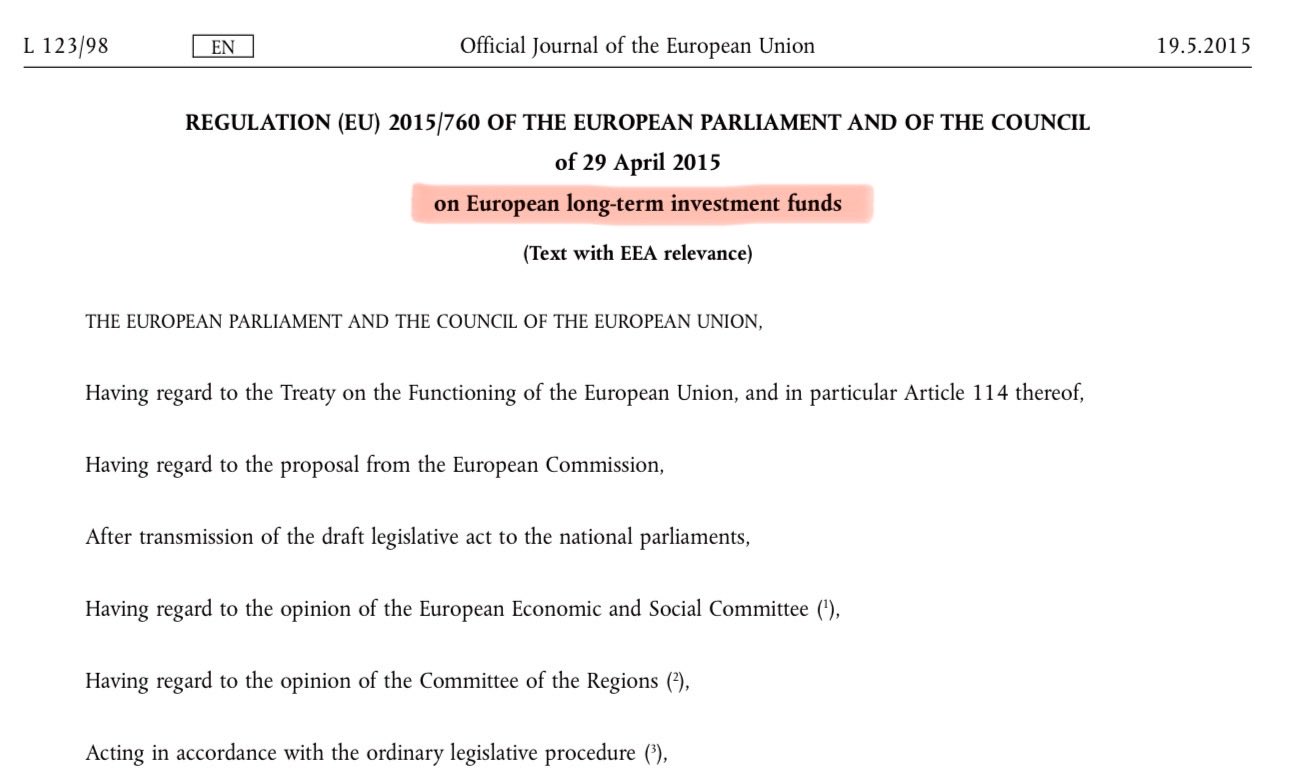
no, permissioned assets running on blockchains are NOT sheep in wolves' clothing
no, permissioned assets running on blockchains are NOT sheep in wolves' clothing blockchains need to integrate with our existing legal systems - and the permissioned aspect is often required by law i'm currently looking into implementing a real estate European Long Term Investment Fund (ELTIF) on-chain with smart contracts the EU regulations governing such funds explicitly require a permissioned control. for example, an ELTIF must be managed by an Alternative Investment Fund Manager (AIFM), as per Directive 2011/61/EU (AIFMD). so there must always be an AIFM behind the token/smart contacts. it can't just be "ownerless" decentralized contracts. by design that someone also bears legal responsibility you're also legally not allowed to allow retail investments into the fund without KYC, which is also a permissioned component in order to be able to have the unit's funds tradable on-chain without qualifying as a trading venue under MiFID II (so you don't need additional licenses), you may want to use ELTIF RTS, which under certain conditions exempt your ELTIF smart contracts from being classified as a multilateral system. to qualify for this exception, the law requires the manager to operate windows, decide on execution prices, etc - i.e. the fund's units get traded in a permissioned manner these are just some of practical examples. as you see, there are many reasons for using a permissioned design in your blockchain assets permissionless is great, but practical value is more important. we need more solutions that work with the existing legal and financial system infrastructure
